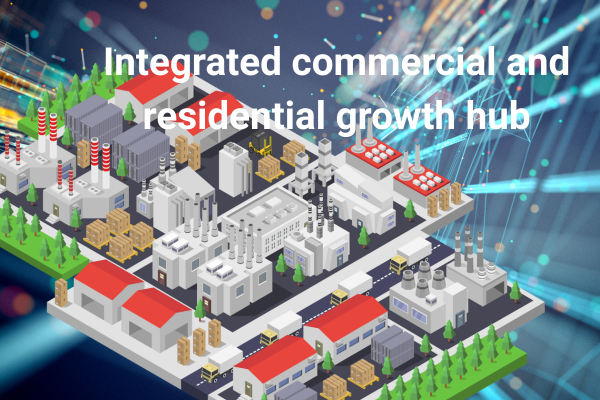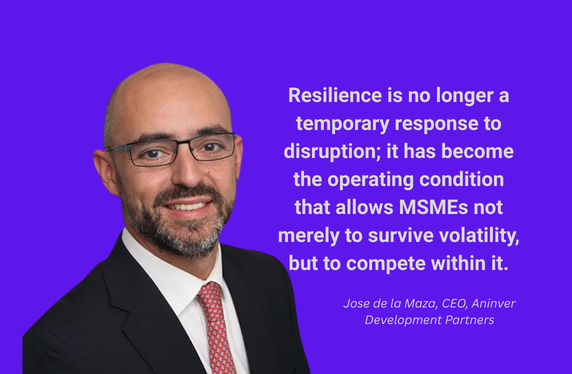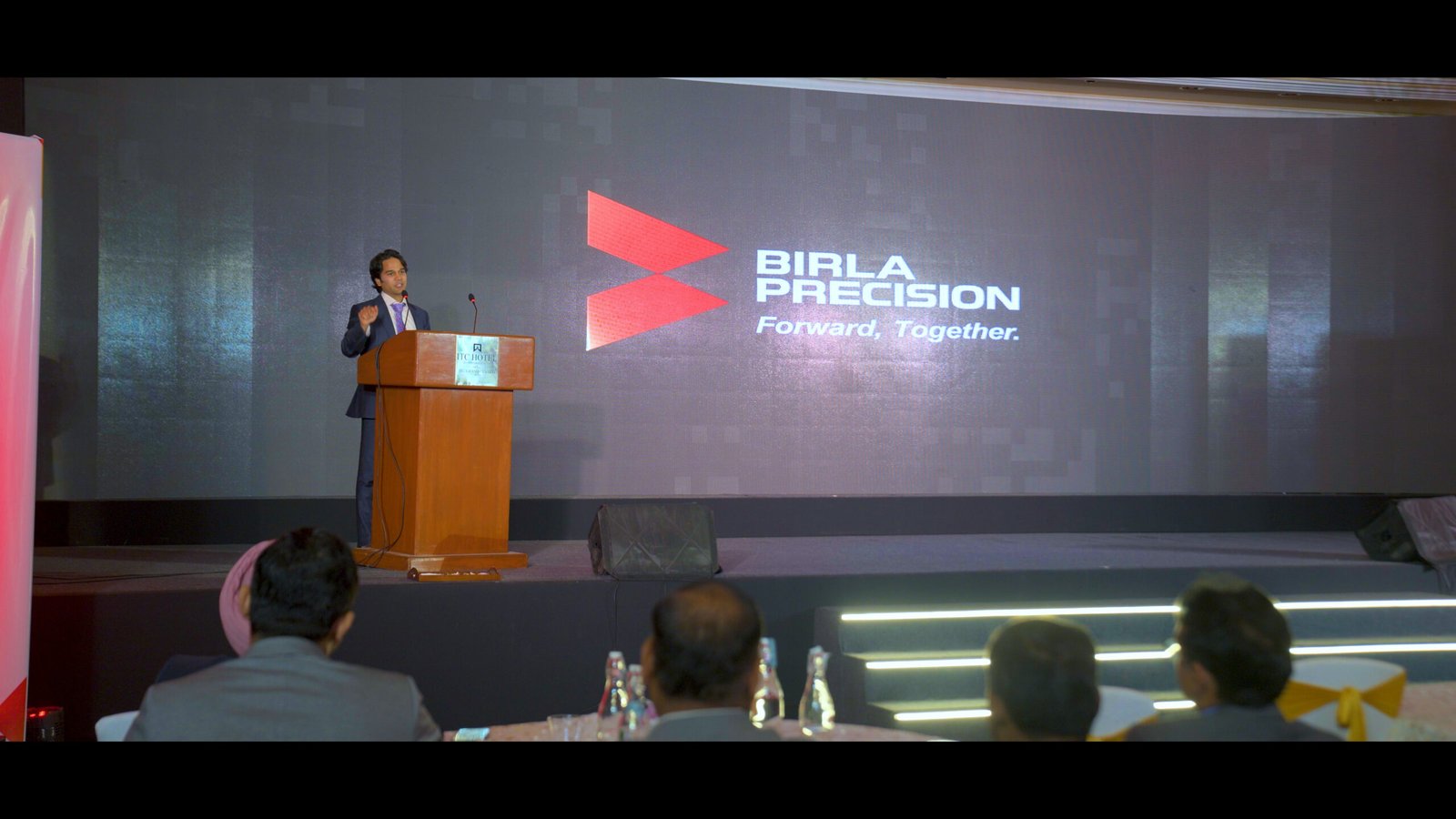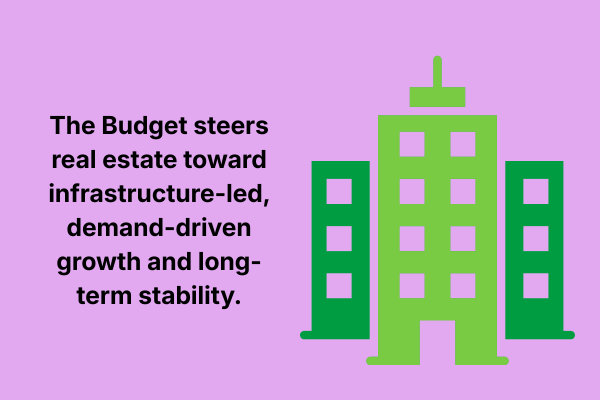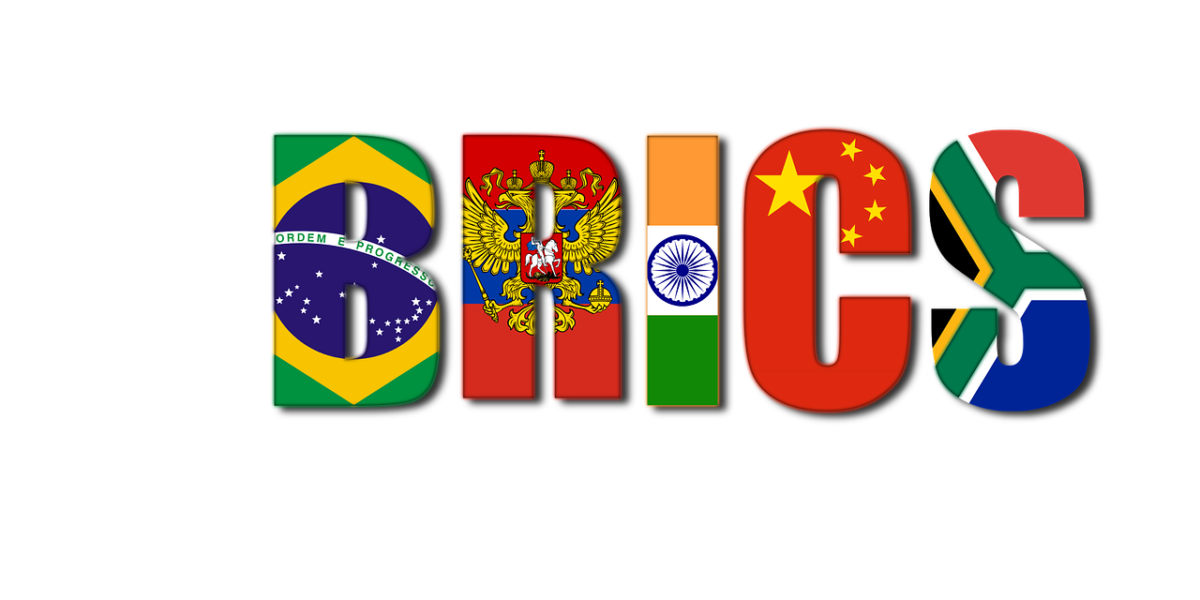The emergence of a multipolar world order, amidst Russia-Ukraine conflict and BRICS group bloc is going to be reality. Increasing acceptance of BRICS and interests among many in the developing & emerging economies is significant for many reasons. What will be the shape of the things and how the world will look like by the end of this decade?

Many predicts that in the emerging global order, Russia, China, and India will play increasingly influential roles. As BRICS nations takes center stage, its implications for development and peace are significant. Already, we see Gulf nations forging closer ties with Russia. Within BRICS, China India are collaborating on matters of mutual interests, despite usual border disputes . The Russia-Ukraine conflict has accelerated the transition to this new world order. Saudi Arabia and Iran have initiated talks, and further collaboration is expected. The world will be different. The rules of the globalization can be different. International Trade, Economic Polies and Economic systems can be different for each region and need not aligned with the US or British or the West European style in the world order.

With Russia, China and India assuming a global leadership position and a weakened United States and Western Europe, the world may experience greater peace, reduced conflicts and increased prosperity. Following are some of the short term and medium term cosmetic changes that may witness in the new world order.
- In the Middle East region, we can anticipate peace, stability, and enhanced social, cultural, and economic ties between nations. Trade between these nations will flourish, gradually dissipating mutual suspicion and war-like situations.
- Likewise, the South Asian region has the potential to emerge as a bastion of peace. With stability achieved, governments can focus on development, education, and sustainable practices, leveraging the resources available.
- Russia, India, and China, drawing from their socialist pasts, possess expertise in planning and implementing successful methods such as public distribution systems. By applying artificial intelligence to public distribution and planning, these nations can collaboratively develop better resource allocation systems to address hunger and malnutrition.
- As the global power dynamics shift, new cities in Asia, Africa, and Latin America will emerge as centers of discourse, replacing traditional hubs like Geneva, Paris, London, New York, and Bonn. New hubs will be Al-Matty, New Delhi, St. Petersburg, Beijing, Johannesburg, Rio de Janeiro, Dubai, Cairo …and such other cities in the emerging world. They will become gathering points for international discussions.
- The landscape of global summits will get redefined: from the Davos Forum to the St. Petersburg Forum or Dubai Forum or Beijing Forum, or New Delhi Forum.
- Peace and development summits will be hosted in Thimphu and Kathmandu or Muscat or Dubai.
- Scholars and academia from China and India will convene more frequently at the emerging universities of Nalanda and Taxila.
- Advanced and economically feasible technology transfers will facilitate development in Afro-Asian countries.
- Hunger, poverty and malnutrition may get quickly eradicated.
- Racial discrimination prevalent in the labour market may get significantly reduced.
- Higher and technological education can become more accessible and cost-effective.
- Afro-Asian countries may witness increased educational collaboration with Russia, India, China, Brazil, South Africa and universities from Eastern Europe and Central Eurasia.
- With advanced technology and expertise from Russia, China, and India, Gulf nations may get on the track of economic diversification that suits to their culture and other realities.
- Global trade reforms get enhanced emphasis. World Trade Organization (WTO) and international trade rules may get rewritten to accommodate local and traditional industries, preserving local economies and ecosystems.
- Significant reforms will also be implemented within the United Nations system, granting the BRICS nations a major role.
- There could be an exodus of Asian tech professionals back to their home countries from the United States, European Union, and United Kingdom, contributing to the growth and development of their home countries.

In conclusion, the emergence of a multipolar world order, speeded up by the Russia-Ukraine conflict and the influence of the BRICS nations, is expected to reshape the global landscape by the end of this decade. This shift in power dynamics is predicted to result in a stronger role for Russia, China, and India on the international stage, while the influence of the United States and Western Europe may weaken. This new world order holds significant implications for development, peace, and cooperation. The potential changes in the emerging world order will result in peace in the Middle East and South Asia, resource allocation collaboration among Russia, India, and China, accessible education and technology transfers, reforms in global institutions, and the return of Asian tech professionals. This new world order has the potential to bring peace, prosperity, and inclusive global cooperation.
P. Koshy. He can be reached at caushie@gmail.com
Author Profile

-
Perumal Koshy is Editor of Global SME News and Director of Strategic Initiatives at Enterprise Futures Lab. He writes on MSMEs, enterprise development, and policy issues affecting small business ecosystems.
Linkedin: https://www.linkedin.com/in/caushie/
Latest entries
 FEATURED2 February 2026Outlook 2026 | Real Estate: Infrastructure-Led Growth, Integrated Communities, and the Trust Imperative
FEATURED2 February 2026Outlook 2026 | Real Estate: Infrastructure-Led Growth, Integrated Communities, and the Trust Imperative Entreprenurs30 January 2026Quality, Crisis, and Consistency: The Rungta Tea Story
Entreprenurs30 January 2026Quality, Crisis, and Consistency: The Rungta Tea Story Entreprenurs21 August 2025Entrepreneurship, Values, and Corporate Governance: Building Nations, Not Just Profits
Entreprenurs21 August 2025Entrepreneurship, Values, and Corporate Governance: Building Nations, Not Just Profits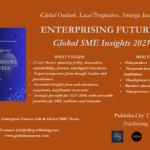 Africa13 August 2025 A New Landmark Report Calls for Rethinking SME Policies, Digital Readiness, and Sustainable Growth
Africa13 August 2025 A New Landmark Report Calls for Rethinking SME Policies, Digital Readiness, and Sustainable Growth
